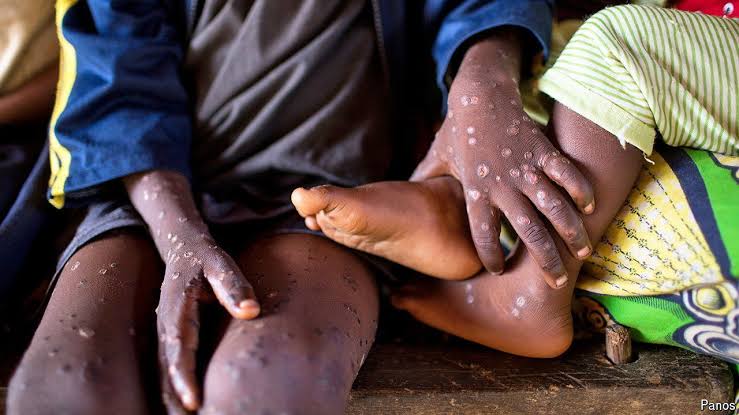- Safiu Kehinde
Lagos State government has unveiled its plan ahead of Mpox Outbreak in the state.
This was disclosed in a statement issued on the state government’s official Facebook page yesterday.
According to the statement, Lagos Commissioner of Health, Akin Abayomi, had revealed the state’s plan ahead of Mpox outbreak during a media briefing at Proteas Hotel, Alausa-Ikeja area of the state.
Despite zero case of active Mpox, Abayomi outlines the state’s mutipronged strategy to shield Lagos from the emerging threat- considering the state’s high population density.
The first strategy, according to Abayomi, is a robust stakeholder engagement involving experts from various sectors to discuss Mpox and its management, both locally and globally.
Secondly, he revealed the activation of an Emergency Operations Centre (EOC) specifically dedicated to monitoring and addressing the Mpox outbreak, with a particular focus on the Clade 1B variant.
The state government will lastly launch a statewide public health awareness campaign aimed at educating residents about the risks associated with Mpox and preventive measures they can take.
Abayomi, however, warned of the risks poised by Clad 1B variant of Mpox as he explained its symptoms.
“This variant is distinct from the indigenous Clade 2 variant, which has been detected sporadically in West Africa. Although Lagos has no active cases at present, however, the risk posed by the more aggressive Clade 1B variant remains a significant concern due to Lagos’s extensive travel connections. The World Health Organization (WHO) has declared the outbreak in the DRC a Public Health Emergency of International Concern, highlighting the need for a coordinated global response”, he said.
He further emphasized on the current concern over the Clade 1B variant, which is rapidly spreading across Central Africa, particularly in the Democratic Republic of Congo (DRC), and has now reached neighboring countries like Cameroon, Rwanda, and Burundi.
Abayomi noted that Lagos State is taking proactive steps, drawing on its experience with past health crises like Ebola, COVID-19, cholera, and Lassa fever.
According to him, these measures aim to prevent the introduction of the Clade 1B variant into Lagos, which could have severe health and economic implications.
The Commissioner explained that Mpox, like smallpox and cowpox, is a zoonotic disease that initially spreads from animals to humans, particularly through rodents and monkeys. Human-to-human transmission occurs through close contact, with the Clade 1B variant showing a higher transmission rate, especially through sexual contact.
Prof. Abayomi warned that while there are currently no active Mpox cases in Lagos, the state must remain vigilant against the potential importation of this aggressive variant.


